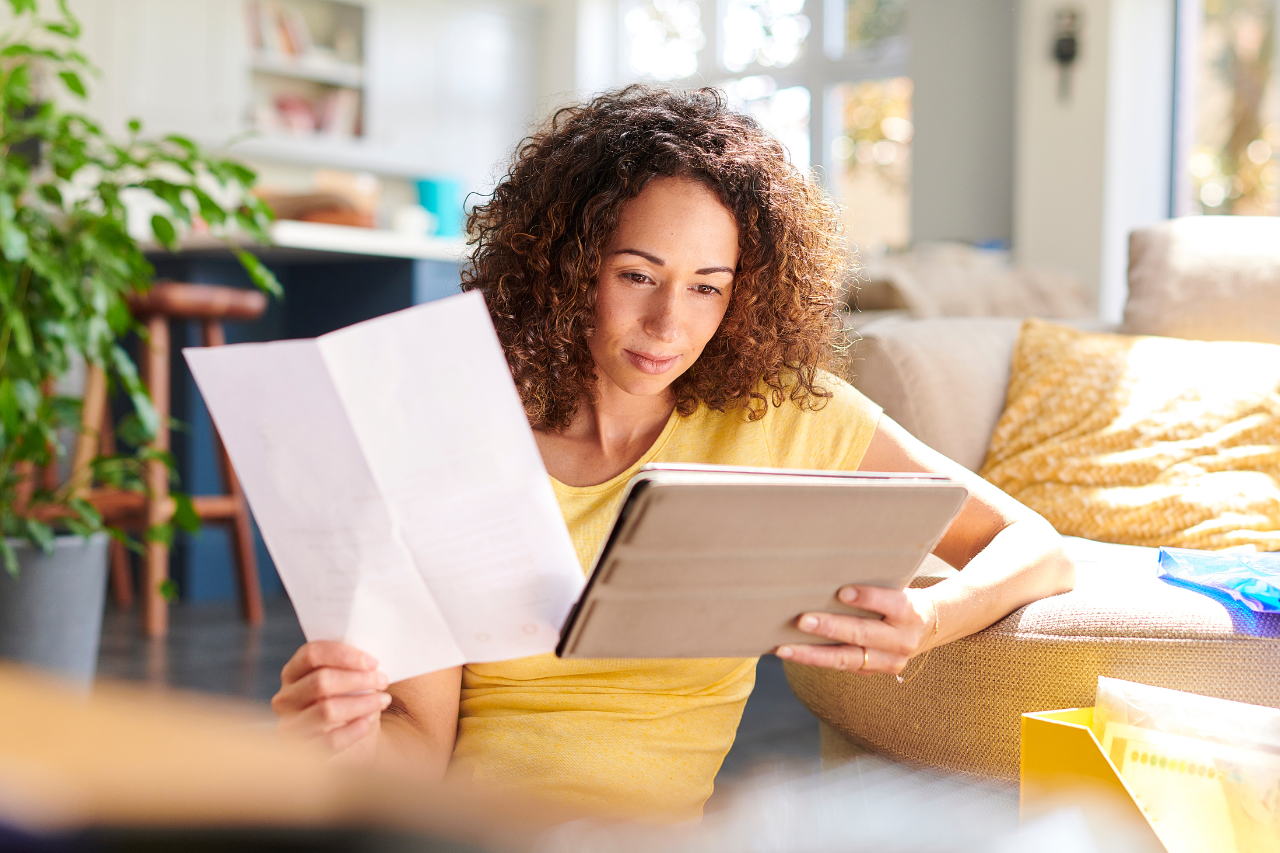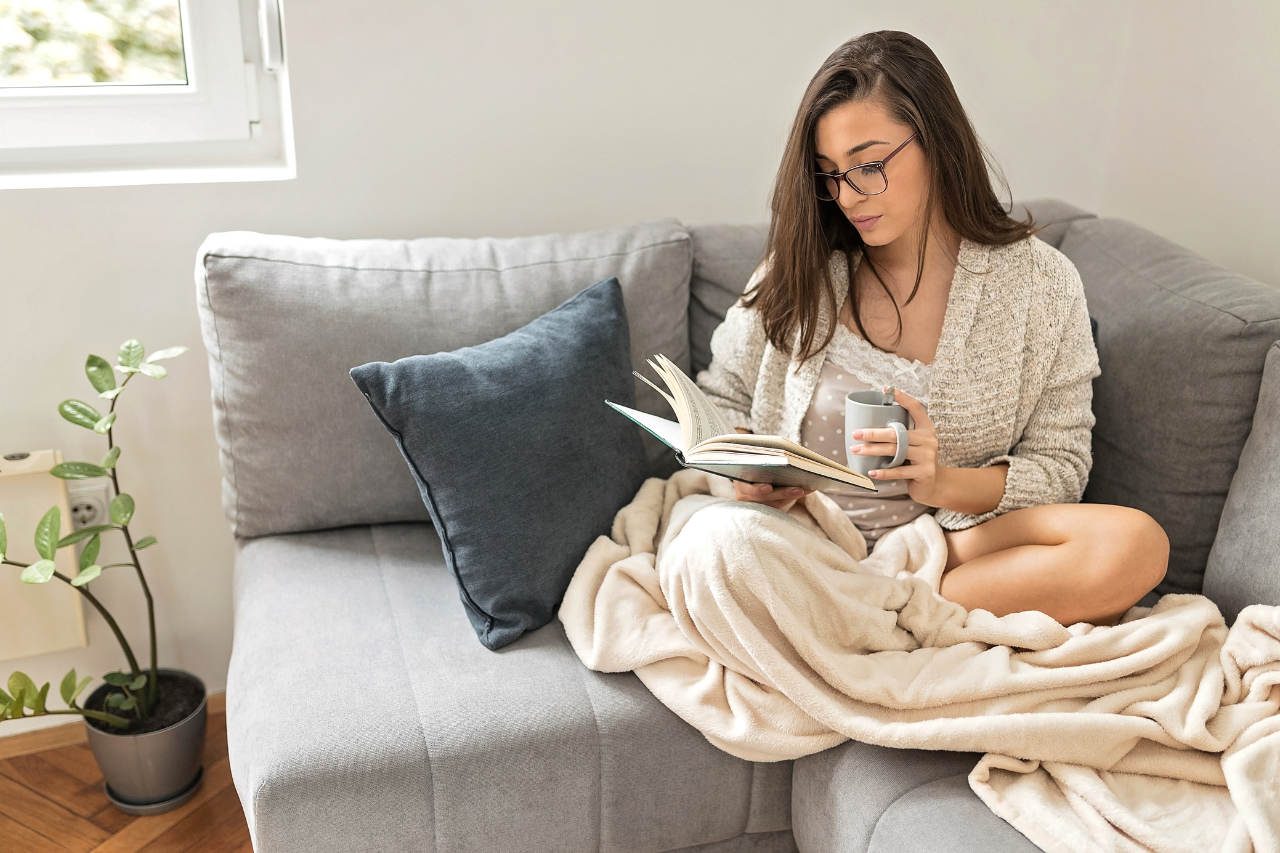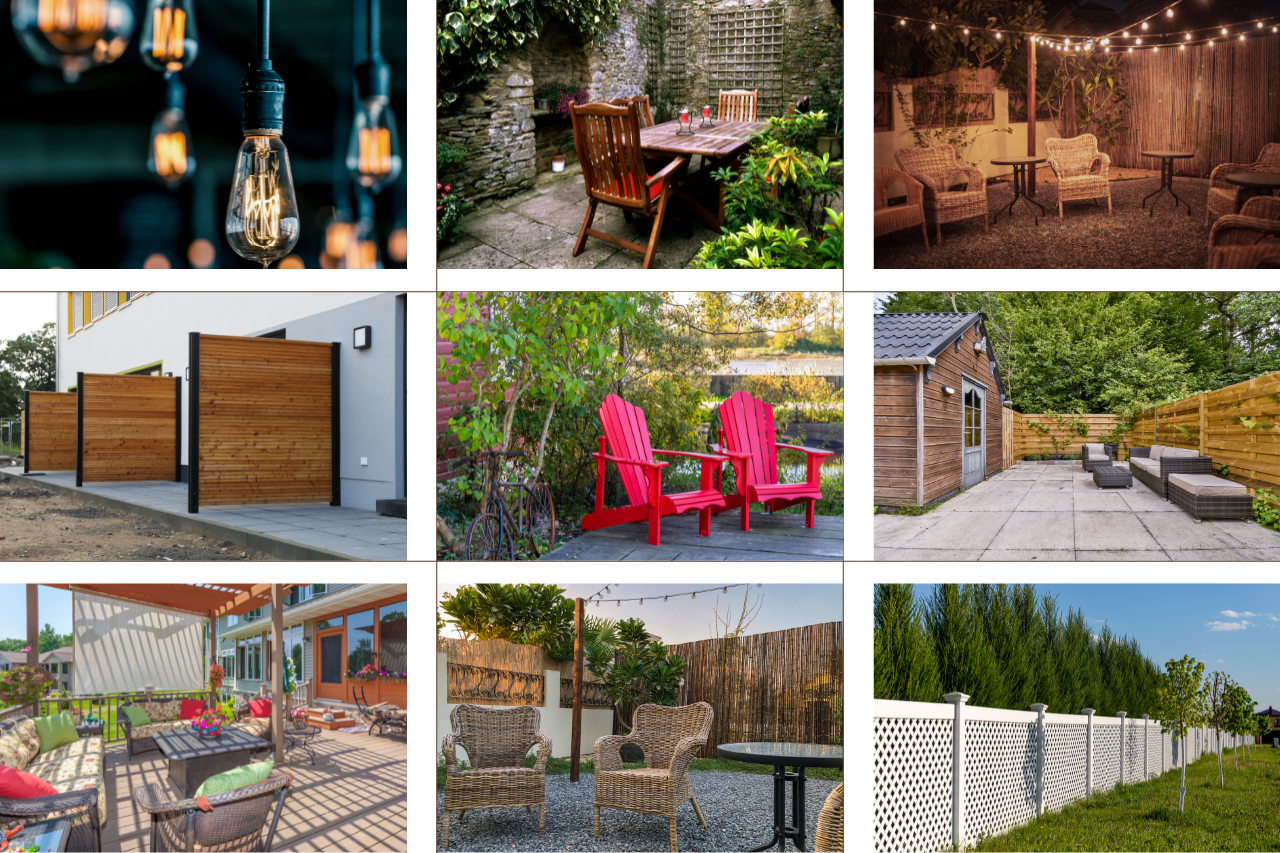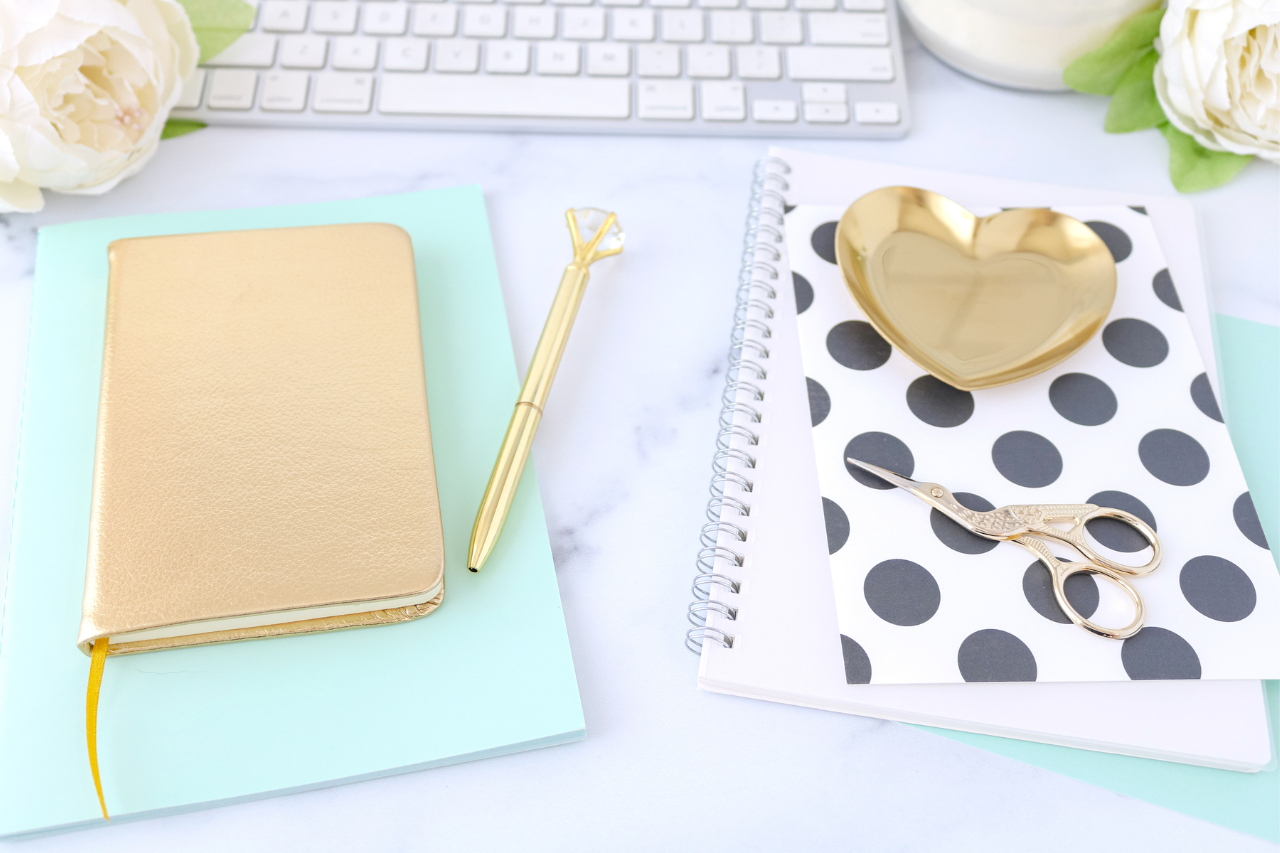
How to Save for a House: Saving Tips for Homebuyers
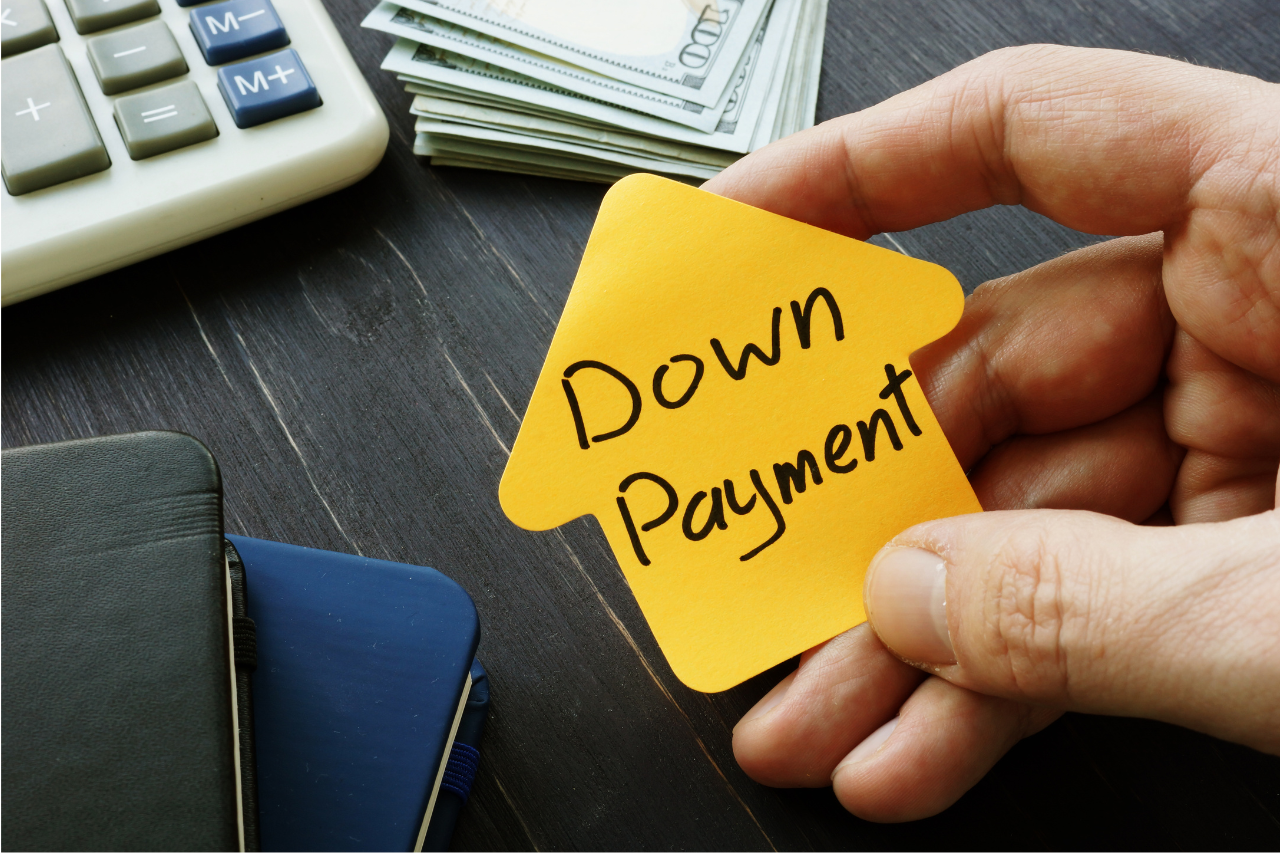
Share:
Planning to purchase a home is a huge financial decision. For most people, it will be the biggest purchase they ever make. There are many factors to consider when making this decision, including how you will finance the purchase.
Can You Buy A House With Cash?
Yes, you can buy a house with cash. You’ll need to save up the money for the purchase price, plus any additional costs like closing costs and fees. Once you have the funds available, you can make an all-cash offer on a home. The seller may be more likely to accept your offer if they know they won’t have to deal with financing. Keep in mind that you’ll need to have enough money available to cover repairs and maintenance on the property. When buying a house with cash, be sure to work with a qualified real estate agent to help you find the right property and negotiate the best price.
Real Estate Market
The real estate market can be very competitive. Home prices are rising, and there are more buyers than sellers in many markets. If you’re planning to buy a house with cash, you may need to act quickly when you find a property you like. It’s also important to be prepared to pay more than the asking price in some cases.
If you’re thinking about buying a house with cash, it’s important to consult with a financial advisor to make sure it’s the right decision for you. They can help you evaluate your finances and make sure you have the funds available to make a cash purchase. They can also help you understand the pros and cons of using cash to buy a house.
Why sellers (still) love cash buyers
In a hot housing market, all-cash offers can give buyers an edge. That’s because sellers often prefer not to deal with the hassle and potential delays of a mortgage contingency.
For one thing, if other buyers are also making all-cash offers, the seller knows their offer is as good as (or better than) any other. They also don’t have to worry about the deal falling through if the buyer can’t get a loan.
Sellers are also attracted to all-cash offers because they tend to close more quickly than financed ones. That’s because there’s no loan contingency, so the sale isn’t contingent on the buyer getting approved for financing. An all-cash offer can close in as little as two weeks, while a financed offer may take 30 to 45 days or longer.
Of course, not every seller will accept an all-cash offer. Some may be more interested in getting top dollar for their home and are willing to wait for a higher price. Others may be more interested in a quick sale and are willing to accept a lower all-cash offer.
If you’re thinking of making an all-cash offer on a home, consult with a qualified real estate agent to see if it’s the right move for you. They can help you determine what price to offer and how to structure the deal to increase your chances of success.
What Does It Mean To Pay For A House in Cash?
Paying cash for a house means you won’t have a mortgage and will own the home outright. You will need to have the entire purchase price available to make an all-cash offer on a home. In addition to the purchase price, you will also need to have funds available to cover any additional costs like closing costs and fees. Once you have the funds available, you can make an all-cash offer on a home.
What are the benefits of buying a house with cash?
Paying cash for a home has its advantages. For one thing, you won’t have to pay interest on a loan, so you’ll save money over time. You’ll also avoid the hassle of dealing with a mortgage and all the associated costs, like closing costs, origination fees, and appraisal fees.
Another advantage of paying cash for a home is that you can close on the deal more quickly. That’s because there’s no loan contingency, so the sale isn’t contingent on the buyer getting approved for financing. An all-cash offer can close in as little as two weeks, while a financed offer may take 30 to 45 days or longer.
Of course, there are also some disadvantages to buying a home with cash. The biggest one is that you’ll need to have a large sum of money available, which may not be possible for everyone. You’ll also need to be sure you have enough money set aside for repairs and maintenance on the property.
If you’re thinking of making an all-cash offer on a home, consult with a qualified real estate agent to see if it’s the right move for you. They can help you determine what price to offer and how to structure the deal to increase your chances of success.
Pros of Paying Cash For A House:
-You save money on interest payments over time
-You avoid the hassle of dealing with a mortgage and all associated costs
-You can close on the deal more quickly
Cons of Paying Cash For A House:
-You need to have a large sum of money available upfront
-You need to set aside funds for repairs and maintenance on the property
-You may miss out on potential investment opportunities by tying up all your cash in one asset
Mortgage Insurance
If you are putting less than 20% down on a home, you will likely be required to pay mortgage insurance. Mortgage insurance protects the lender in case you default on your loan. The cost of mortgage insurance is usually added to your monthly payment.
Property Taxes
Property taxes are levied by local governments and are typically based on the value of your home. The amount of property taxes you will pay can vary greatly depending on the location of your home.
Homeowners Insurance
Homeowners insurance protects your home from damage or destruction. It is usually required if you have a mortgage. The cost of homeowners insurance can vary depending on the location and value of your home.
Closing Costs
Closing costs are fees paid at the closing of a real estate transaction. These fees can include things like loan origination fees, appraisal fees, title insurance, and more. Closing costs can range from 2% to 5% of the purchase price of a home.
How Much House Can You Afford?
The first step in buying a house is knowing how much you can afford. There are a number of online calculators that can help you determine what your monthly payments would be. Once you know how much you can afford, you can start looking for homes in your price range.
Mortgage Loan Types
There are a variety of mortgage loan types available. The type of loan you choose will affect your interest rate, monthly payment, and the total amount you pay over the life of the loan.
Fixed-Rate Mortgage:
A fixed-rate mortgage has an interest rate that remains the same for the life of the loan. Your monthly payments will remain the same for the life of the loan, making it easy to budget for your monthly expenses.
Adjustable-Rate Mortgage (ARM):
An adjustable-rate mortgage has an interest rate that can change over time. Your monthly payments will also change, based on the current interest rate. The advantage of an ARM is that you may be able to qualify for a lower interest rate than a fixed-rate mortgage. The downside is that your monthly payments could increase if the interest rate goes up.
Balloon Mortgage:
A balloon mortgage has a fixed interest rate for a certain period of time, usually 5 to 7 years. At the end of the term, the remaining balance is due in full. This type of mortgage is best for people who expect to sell or refinance their home before the balloon payment is due.
FHA Loan:
A loan insured by the Federal Housing Administration (FHA) is a good option for first-time homebuyers with less-than-perfect credit. The minimum down payment for an FHA loan is 3.5%.
VA Loan:
A loan guaranteed by the Veterans Administration (VA) is available to active-duty military members, veterans, and their spouses. There is no minimum down payment for a VA loan.
USDA Loan:
A USDA loan is available to buyers in rural areas who meet certain income requirements. The USDA guarantees the loan, making it easier to get approved. There is no minimum down payment for a USDA loan.
Now that you know how much house you can afford and what type of mortgage loan to get, you can start shopping for homes in your price range.
When you find a home you like, be sure to have a home inspector check it out to make sure there are no hidden problems. Once you’re ready to make an offer, be sure to consult with a real estate agent to increase your chances of success.
How to save money for a house
There are a few things you can do to save money for a house. First, start by evaluating your budget to see where you can cut back on expenses. You may be able to save money by reducing your spending on discretionary items like entertainment and dining out. You can also save money by scaling back on your housing costs, if possible.
Another way to save money for a house is to make extra payments on your debts. This will help you reduce the amount of interest you owe and free up more money to put towards a down payment. You can also save money by earning additional income through side hustles or investments.
Whatever method you choose, be sure to create a budget and stick to it. This will help you stay on track as you save for a house.
Some tips for saving money for a house include:
-Evaluating your budget to see where you can cut back on expenses
-Making extra payments on your debts
-Earning additional income through side hustles or investments
-Creating a budget and sticking to it
-Staying disciplined with your savings plan
Bottom Line
Saving for a house can be challenging, but it’s worth it in the long run. By following the tips above, you can save up for a down payment and buy the home of your dreams.
Most Popular

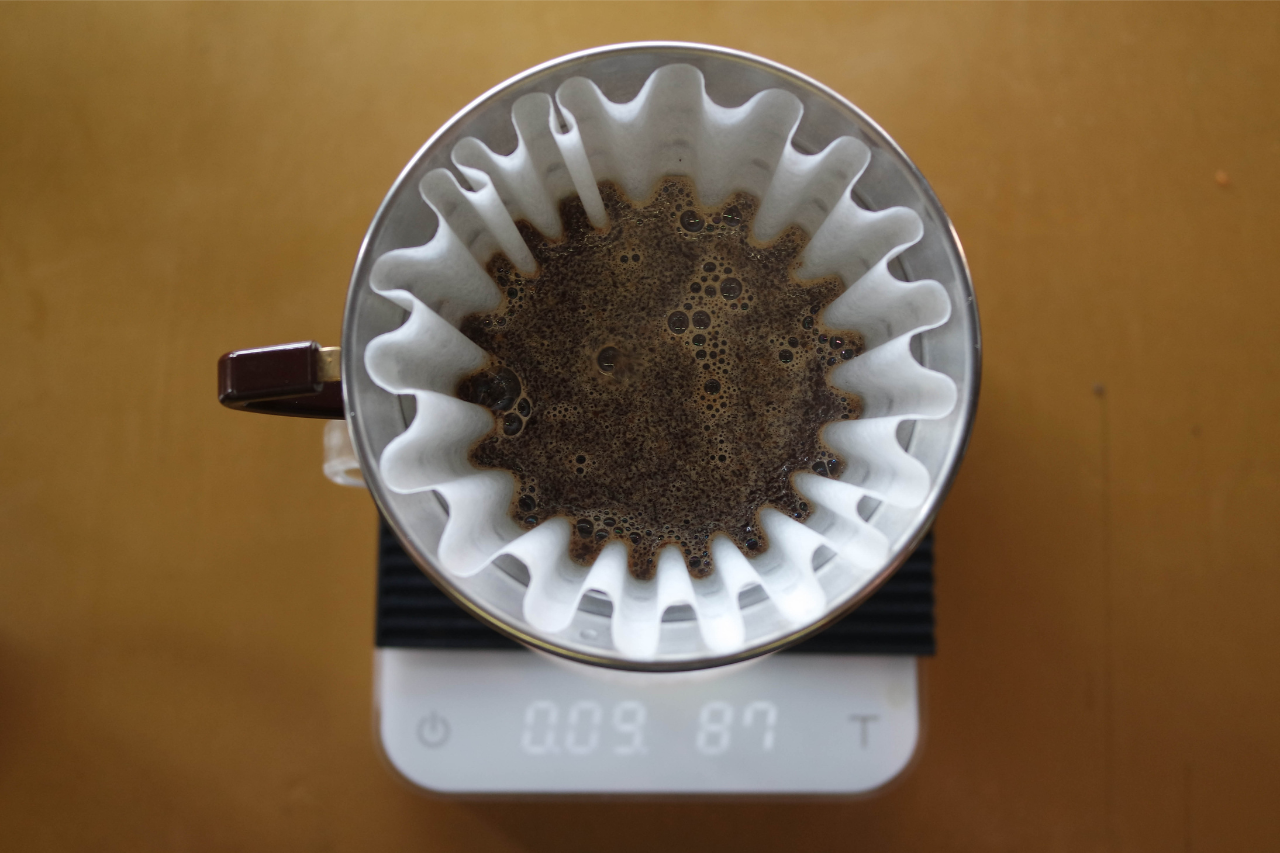
What is Coffee Bloom and why does it happen?

20 Best Books Made Into Movies And TV Shows
